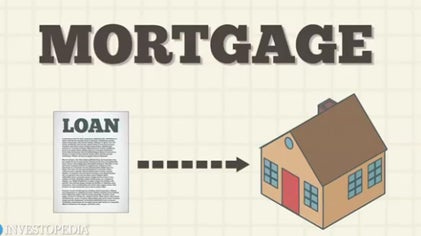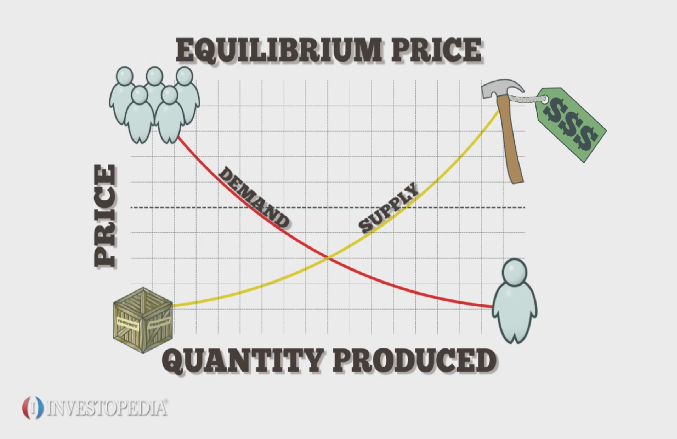Net worth is the amount by which assets exceed liabilities. Another way to say this is, it’s the value of everything you own, minus all your debts.Net worth is a concept that can be applied to both individuals and businesses, as a measure of how much they are really worth. In the corporate world, net worth is also called book value or shareholders' equity. The word “net”, in financial language, means “after subtracting expenses and debts.” A consistent increase in net worth means assets are growing faster than debts, and indicates good financial health. Conversely, when liabilities grow faster than assets, or when the value of assets drop, net worth decreases, indicating financial problems. What is the Jones’ net worth? They have a home valued at $250,000, an investment portfolio of $100,000, and automobiles and other assets worth $25,000. Their liabilities are a mortgage balance of $100,000 and a car loan of $10,000. By adding the assets, and subtracting the liabilities, we find the Jones' net worth is $265,000. Now five years later, the Jones’ financial position has changed: their home value has decreased to $225,000, their investment portfolio has increased to $120,000, they now have savings of $20,000, and their car and other assets have decreased to $15,000. On the liabilities side, their mortgage balance has dropped to $80,000, and they’ve paid off their car loan. By adding assets and subtracting liabilities, their net worth is now $300,000. In other words, despite the decrease in the value of their home and car, the couple's net worth increased by $35,000. This is because the decreases were more than offset by increases in other assets, and a reduction in debts.





